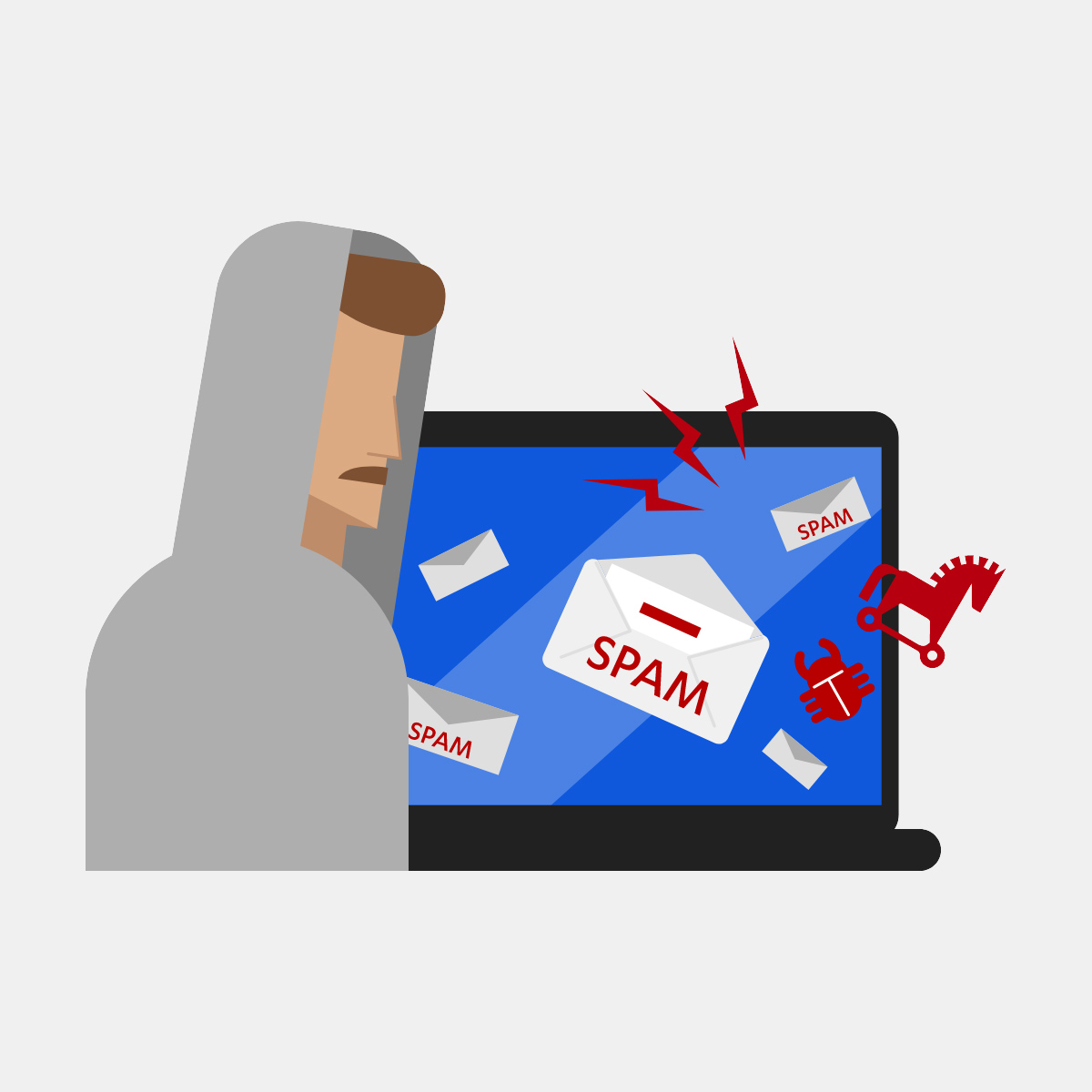Learn the ins and outs of “how to spam bank logs” in this comprehensive guide, Discover tips, tricks, and expert insights to gain a better understanding of the topic.
Introduction
In today’s digital age, understanding the concept of “how to spam bank logs” is vital. Whether you’re a cybersecurity enthusiast or someone interested in protecting your financial assets, this article will provide you with essential knowledge on the topic. We’ll explore various aspects of bank log spamming, including the techniques, risks, and preventive measures to keep your financial information secure.
How to Spam Bank Logs: The Basics
When it comes to understanding “how to spam bank logs,” it’s crucial to start with the fundamentals. This section will provide you with an overview of the key concepts.
What is Bank Log Spamming?
Bank log spamming is the unauthorized access and manipulation of bank logs to steal sensitive financial information. This illegal practice involves exploiting vulnerabilities in banking systems, making it essential to be aware of potential threats.
Why Do People Spam Bank Logs?
Criminals spam bank logs to gain access to personal and financial information, often with the intention of committing fraud, identity theft, or unauthorized financial transactions.
Techniques for Spamming Bank Logs
Spamming bank logs involves a variety of techniques that hackers use to compromise security. Here, we’ll delve into the methods they employ.
Phishing Attacks
Phishing attacks use deceptive emails, websites, or messages to trick individuals into providing their bank login information. It’s important to recognize these scams and avoid falling victim to them.
Malware and Trojans
Hackers may use malware and trojans to infect your computer and capture your banking credentials. Protecting your devices with antivirus software is crucial.
Social Engineering
Social engineering relies on manipulating individuals into revealing their bank log information. Be cautious and never share sensitive data with unknown parties.
Risks of Bank Log Spamming
Understanding the risks associated with bank log spamming is essential for safeguarding your finances.
Financial Loss
The most immediate risk is financial loss. Hackers can use stolen bank logs to empty your accounts or make unauthorized transactions.
Identity Theft
Bank log spamming often leads to identity theft, causing extensive damage to your personal and financial reputation.
Legal Consequences
Engaging in bank log spamming is illegal and can result in severe legal consequences, including fines and imprisonment.
How to Protect Yourself
Protecting your bank logs and personal information is paramount. Follow these steps to enhance your security.
Enable Two-Factor Authentication
Activate two-factor authentication for your online banking. This adds an extra layer of security to your account.
Regularly Monitor Your Accounts
Frequently review your bank statements and transactions to spot any unusual activity promptly.
Use Strong, Unique Passwords
Create strong, unique passwords for your bank accounts. Avoid easily guessable combinations like birthdays or common words.
Keep Software Updated
Ensure your computer and mobile devices have the latest security updates to protect against malware and vulnerabilities.
FAQs about Bank Log Spamming
Q: What is the primary motivation behind bank log spamming? A: The primary motivation is financial gain through fraud, identity theft, and unauthorized transactions.
Q: How can I recognize phishing attempts? A: Phishing attempts often involve deceptive emails or messages that request your sensitive information. Be cautious and verify the sender’s authenticity.
Q: Is it possible to recover from bank log spamming? A: Recovery can be challenging, but reporting the incident to your bank and law enforcement is crucial. They can guide you through the process.
Q: Are there any legal consequences for victims of bank log spamming? A: Victims typically don’t face legal consequences, but they should cooperate with authorities during investigations.
Q: Can I trust online banking? A: Online banking is generally secure, but it’s essential to follow best practices to protect your account.
Q: How often should I change my bank account password? A: Regularly change your password, ideally every few months, and whenever you suspect any security breach.

